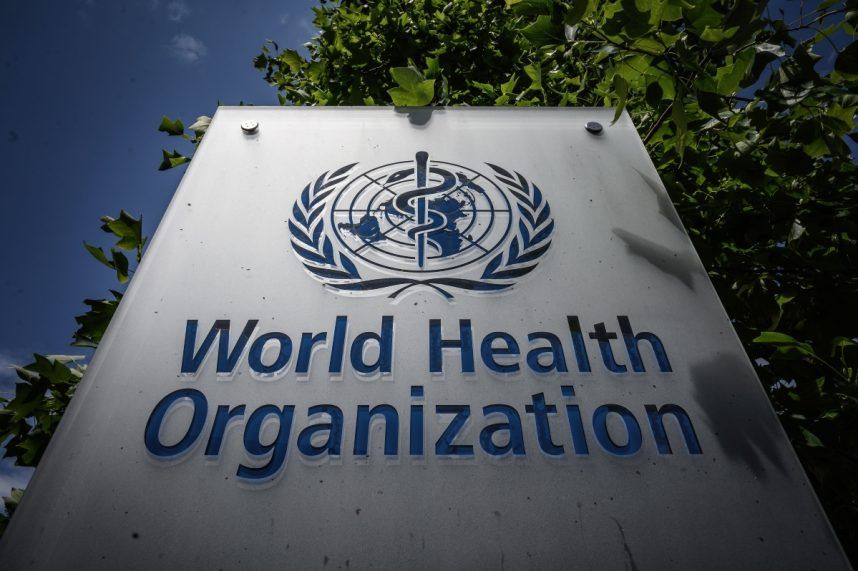Posted on: December 4, 2024, 10:55h.
Last updated on: December 4, 2024, 11:02h.
The World Health Organization (WHO) is calling for an overhaul of the global gaming industry on concerns that the normalization of sports betting and other casino games is a detriment to public health.

WHO, the specialized agency of the United Nations tasked with improving public health around the world, this week published its latest fact sheet on gambling. The report suggests that gambling problems are rising and causing more harm than ever before.
WHO estimates that 1.2% of the world’s adult population has a gambling disorder. For every person afflicted, an average of six others (usually nongamblers) are affected. The number is higher amid kinship cultures like Indigenous people.
The international health agency says people with gambling problems are 15 times likelier to die by suicide than the general population. Gaming disorders also lead to food insecurity, housing problems, and difficulties paying for and receiving healthcare.
Mounting Challenges
WHO researchers say the proliferation of sports betting, specifically in the United States, has mainstreamed gambling and introduced tens of millions of new consumers to the industry. The internet has also made gambling accessible almost anywhere, anytime, even in places where gambling and/or online gambling is prohibited.
The organization says responsible gaming standards have largely failed.
There is often little transparency about the way many gambling products function. Electronic gaming machines can mislead users with design features that encourage extended use. Alongside strong regulation of gambling products and their availability, clear warning messages about harms associated with use are likely to be more effective than messages suggestions to simply stop when gambling is no longer fun, for instance,” the fact sheet read.
WHO took specific issue with the rise of online gambling.
“There is no global agreement for the regulation of online gambling. Unlicensed providers regularly offer unregulated gambling products, and there is an urgent need for the regulation of online gambling,” the organization continued.
WHO is additionally calling on lawmakers to ban all gambling-related advertising, promotion, and sponsorship. The agency urges universal loss limits, maximum bets, and required breaks during gambling sessions.
WHO says a deep probe into the gaming industry’s political activities and influence on gambling harm research is warranted.
The American Gaming Association (AGA), which represents the commercial and tribal gaming industries in the US, said in October following an international study that found the continued expansion of gambling poses a significant threat to public health that the sector has made investments to advance responsible gaming, expand consumer resources, and promote “safer gambling.” AGA Strategic Communications Senior Vice President Joe Maloney said the lobbying group “firmly supports ongoing discussions and the adoption of best practices.”
Reducing Stigmas
WHO concluded that problem gambling, unlike some other addictions and mental health issues, has a very low rate of treatment uptake. The group estimates that fewer than 1% of those with a gambling disorder seek formal help.
Stigma and shame often prevent people from seeking help. The preferred regulatory approach of the gambling industry — so-called responsible gambling — adds to this burden by effectively blaming those who experience harm,” WHO detailed.
WHO concluded by revealing its plans to coordinate a group of global experts to address the public health challenges caused by gambling. The focus will be to reduce stigma and shame related to gambling disorders, work to end advertising and promotion of gambling, and develop ways to lessen problem gambling rates, with an emphasis on low- and middle-income countries.




